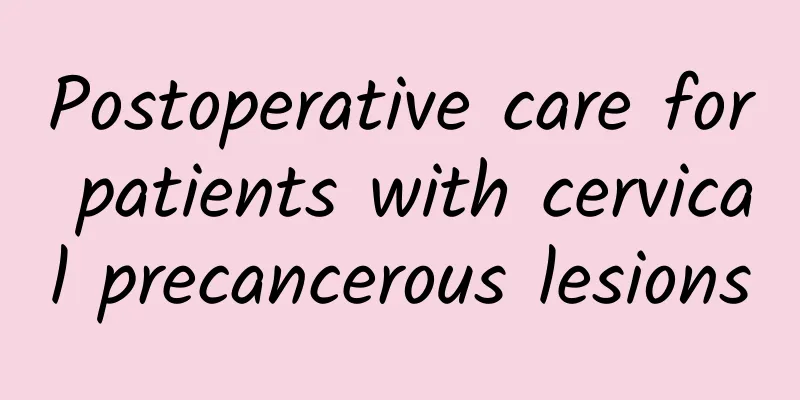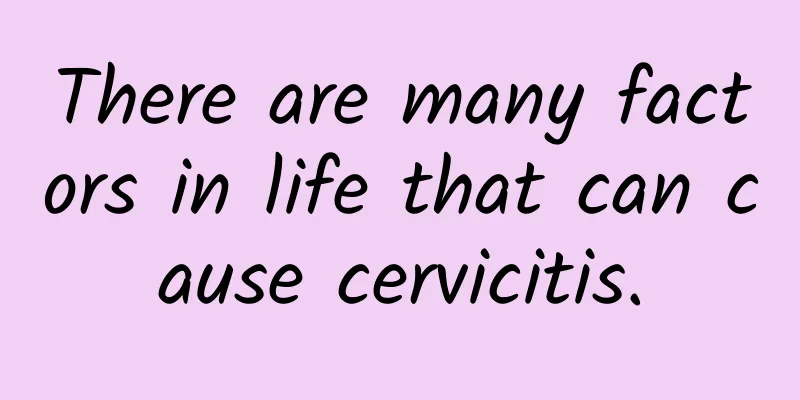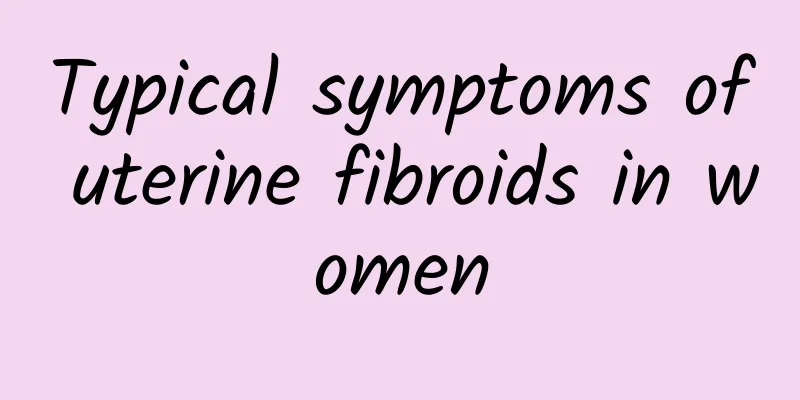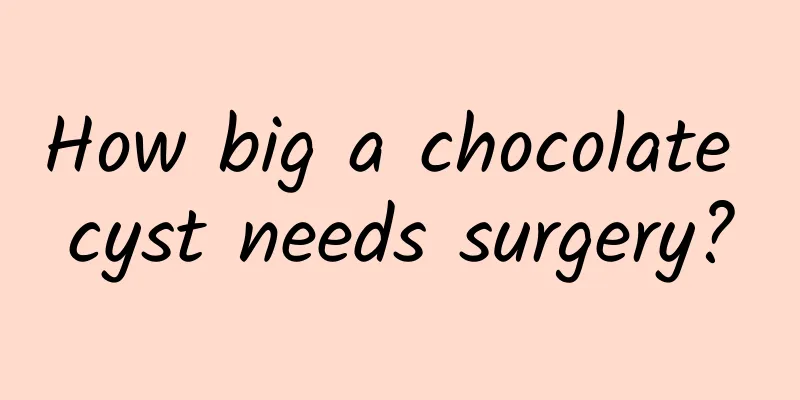What are the disadvantages of not having surgery for uterine fibroids? What will happen if you don't have surgery for uterine fibroids?
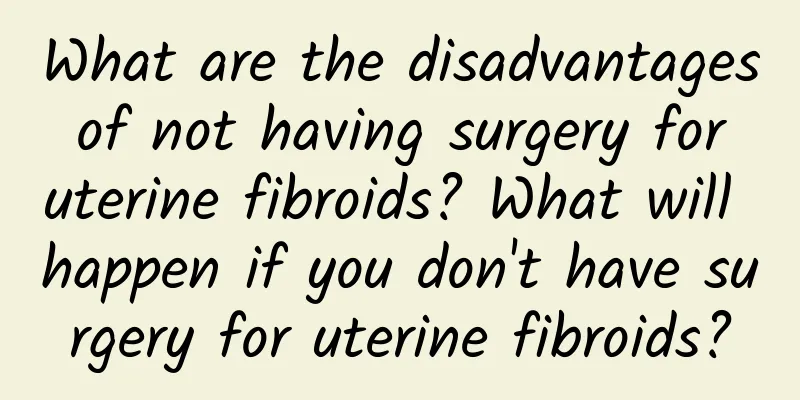
|
Uterine fibroids are common benign tumors in women, accounting for a considerable proportion of gynecological diseases. Many women have uterine fibroids, but not all patients need surgical treatment. So, what are the disadvantages of choosing not to surgically treat uterine fibroids? 1. Decreased quality of life An obvious disadvantage of not surgically treating uterine fibroids is that the patient's quality of life will be affected. Uterine fibroids may cause increased menstrual flow, prolonged menstruation, and dysmenorrhea, which can cause great distress to the patient's daily life. Women cannot participate in some activities normally in their lives, and it may even affect their work and study. 2. Worsening of the condition If you choose not to have surgery to treat uterine fibroids, the condition may continue to worsen. The size of uterine fibroids will gradually increase and may affect the normal function of other organs. Especially for those who have multiple uterine fibroids or large fibroids, the risk of worsening is higher. This will not only make treatment more difficult, but also increase the risks of surgery and the time of recovery. 3. Reproductive disorders Delaying surgical treatment may lead to reproductive disorders. The presence of uterine fibroids may have adverse effects on the endometrium, thereby affecting the implantation and development of the embryo. If the patient plans to become pregnant, uterine fibroids may threaten the safety of the embryo, leading to miscarriage or fetal maldevelopment. 4. Increased risk of complications Choosing not to have surgery to treat uterine fibroids may also increase the risk of complications. Uterine fibroids can cause a series of complications, such as uterine bleeding, anemia, abdominal pain, and compression of the urethra and rectum. If not treated in time, these complications may worsen the condition and even threaten the patient's life. In summary, there are certain disadvantages in choosing not to have surgery to treat uterine fibroids. Although surgical treatment brings certain risks and recovery period, it can effectively solve the discomfort and risks caused by uterine fibroids. If the patient has obvious symptoms, organ function is affected or plans to get pregnant, it is recommended to undergo surgical treatment in time. Only under the guidance of a doctor, a comprehensive judgment can be made based on the patient's specific situation and the most appropriate treatment plan can be formulated. |
Recommend
What are the symptoms of ovarian cysts?
Ovarian cysts should be familiar to female friend...
Several common treatments for pelvic inflammatory disease
Pelvic inflammatory disease is a gynecological di...
Does cervical precancerous lesion require chemotherapy?
Do cervical precancerous lesions require chemothe...
Why do women get uterine fibroids? Are uterine fibroids benign?
According to statistics, many middle-aged women o...
What are the symptoms after painless abortion?
Nowadays, with the continuous development and pro...
How much does endometrial thickness cost?
In daily life, we need to pay attention to our ph...
Say goodbye to your belly! 3 moves to firm your belly
If you want your abdominal muscles to be firm and...
Successful weight loss after childbirth! 4 Key points to avoid weight gain
Successfully losing weight after childbirth is th...
What are the requirements for having an abortion and having an IUD inserted at the same time? Requirements for having an abortion and having an IUD inserted at the same time and postoperative care
It is medically possible to have an abortion and ...
Wearing high heels hurts your feet! Yoga 2 moves complete guide
High heels lead the fashion trend. They are not o...
Pelvic peritonitis can be detected
If a woman suffers from pelvic peritonitis, the h...
Does second-degree cervical erosion require surgery? Not necessarily
The uterus is very important for every woman. It ...
What should I pay attention to during menstruation after uterine fibroid surgery? How should I take care of my menstruation after uterine fibroid surgery?
Many young female patients will see uterine fibro...
Is it easy to get pregnant with pelvic effusion and cervical erosion?
Pelvic effusion and cervical erosion may affect p...
What foods can cure premature ovarian failure quickly?
What foods can cure premature ovarian failure qui...

